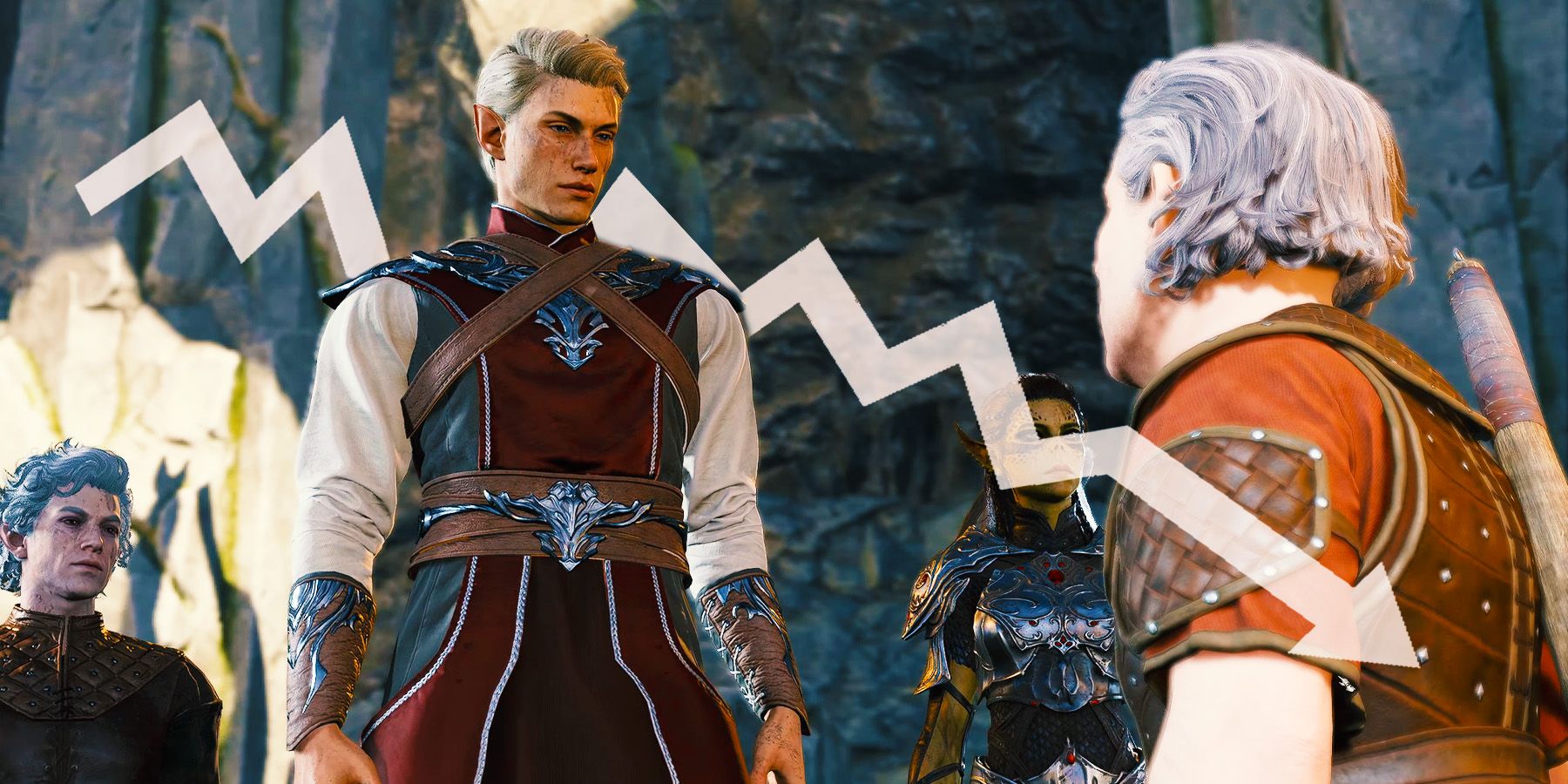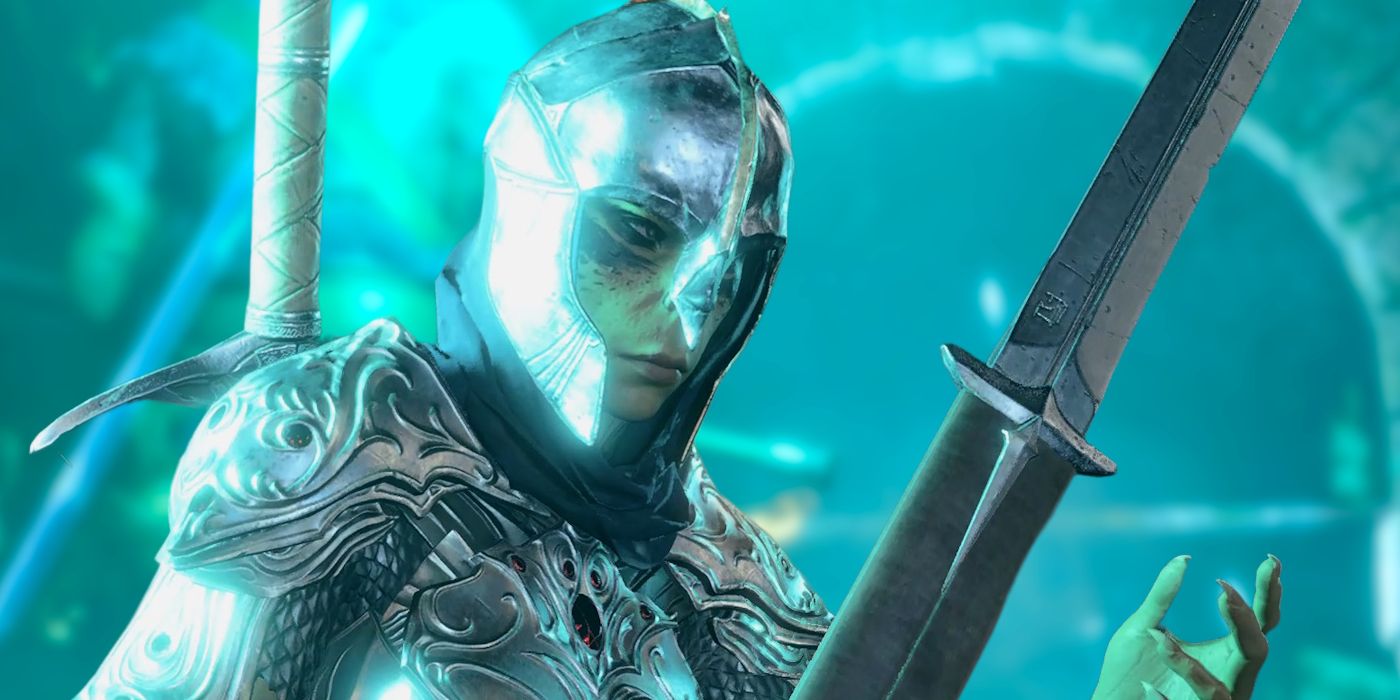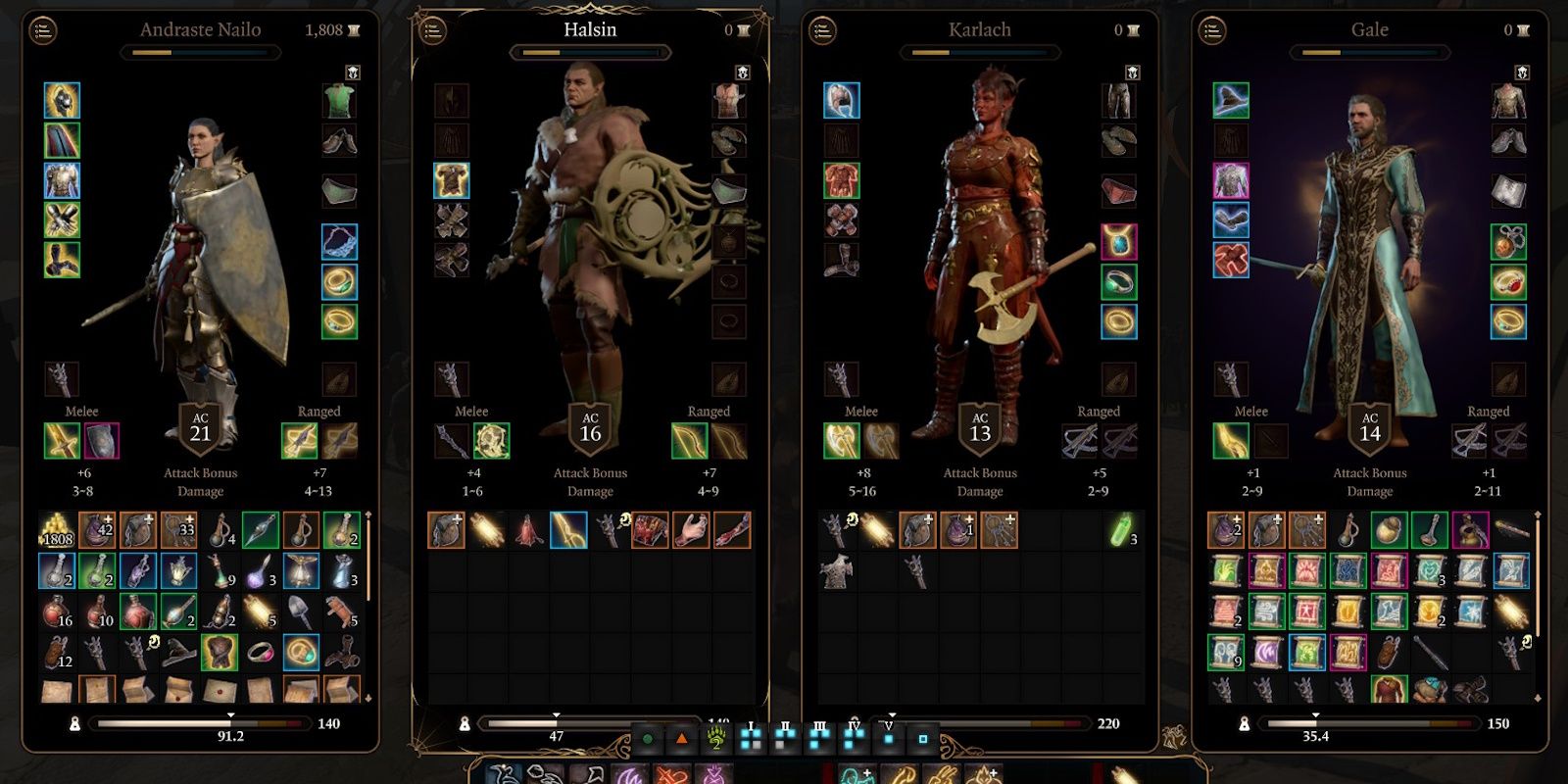
Should You Sell Ingots And Gems?
Summary
- Ingots and gems in
Baldur’s Gate 3
are mostly useless and should be sold to vendors for their gold value. - There are a few exceptions, such as Infernal Iron needed for Karlach’s quest and Mithral Ore for crafting rare gear at the Adamantine forge.
- While the game hints at the possibility of a crafting system, there is no way to use ingots or gems for anything other than selling them, so players should not hold onto them.
Although Baldur’s Gate 3 has a wide variety of items, not all of them will be vital parts of a playthrough, but it can often be hard to know what to hold onto. Ingots and gems are common finds in BG3, which may set up the expectation that they’ll be used in some kind of crafting system, either through the game’s own Combine function or through one of the many blacksmith NPCs such as Dammon. Players who do hold onto these items, however, will inevitably end up having to contend with a cluttered inventory and carry weight restrictions.
Outside of items with clear use cases, such as weapons, accessories, and armor, Baldur’s Gate 3 also has a number of seemingly useless items for players to pick up. In some cases, like with using the Adamantine Forge, items that don’t have a clear use at first can be vital for certain quests later on. However, holding onto too many items can leave players encumbered and lead to unwanted inventory management. For items that have no real use, players will likely be better off simply selling them to vendors – or just not picking them up in the first place.

“An Iconic, Engaging Mess Of Brilliant Ideas”: Baldur’s Gate 3 Review
Baldur’s Gate 3 is imposing in stature and its best moments are truly memorable, but some early issues with scale suggest an uneven experience.
How To Use Ingots & Gems In Baldur’s Gate 3
Ingots and gems will be a common find for any player diligent about gathering loot in Baldur’s Gate 3, which may lead to the belief that they have extra uses. Unfortunately, outside a few very specific exceptions, ingots and gems are only useful for their gold value. Any scenario where there’s actual utility to be found is typically very clear, like the Infernal Iron, which can be used for Karlach’s personal quest as well as to gain some rare loot from Dammon. Otherwise, it’s safe to sell these items whenever they’re picked up.
It can still be a lot to wrangle, as ingots and gems become a very common reward as progress is made through the game. They can be found semi-randomly in many of the game’s minor chests, on the bodies of slain foes, or even just lying out in the open. It can still be worth picking them up just to sell them to vendors when the opportunity arises, but there’s no reason not to immediately mark the vast majority as Wares to make the process easy and painless.
Ingots & Gems Should (Mostly) Be Sold To Vendors
Many items that can be found in Baldur’s Gate 3 suggest the presence of a crafting system like the one implemented in Larian Studios’ previous game, Divinity: Original Sin 2, which allowed players to craft basic weapons, armor, and other useful items. Aside from the alchemy system, which lets players make potions, weapon coatings, and grenades, however, Baldur’s Gate 3 has no such system, meaning that many of the same items that may have had a use in Divinity are essentially worthless in BG3. Any of these items that are actually worth gold can be freely sold to vendors.

How To Reduce Trade Prices In Baldur’s Gate 3
Trade prices of various items in Baldur’s Gate 3 can be reduced based on your character’s relationship with certain vendors, and a high Charisma stat.
Likewise, although many of the blacksmiths present throughout the game have dialogue that suggests they might be able to put ingots or gems to use in different ways, there are no actual ways to provide the items to have them craft anything. Players will likely find a number of gold and silver ingots, as well as a variety of gems, but these can be sold as wares with little to no consequences. This is especially useful since these items will add up in terms of weight and inventory slots, potentially requiring heavy inventory management otherwise.
There’s always a possibility that future Baldur’s Gate 3 DLC or a follow-up game could finally make something out of all the litter, as a crafting system could be a valuable addition if done well. Some precedent for adding utility has already been set in updates, as the change to make soap work for cleaning up characters exemplifies. The odds of any patch overhauling things to the degree that ingots and gems become useful are low, however, so it’s safe to keep selling them by and large.
Which Items To Keep In Baldur’s Gate 3
Although ores, ingots, and gems are typically useless, there are a few notable exceptions. Infernal Iron, as previously mentioned, plays an important role in the earlier stages of Karlach’s personal quest, as the blacksmith Dammon requires it to fix her infernal engine, and Dammon can also craft three unique pieces of gear once Karlach’s needs have been met. After players have progressed past the early stages of her quest and obtained the gear, however, Infernal Iron has no further use in current versions of the game, and may be freely sold if more is obtained.
Another exception is the Mithral Ore that can be obtained in Grymforge. Once players have gained access to the Adamantine forge, and beaten Grym, the forge’s resident boss fight, they have the ability to use Mithral Ore they have, in combination with the various molds that can also be found around the forge, to craft rare gear that can’t be obtained in any other part of the game. These items include heavy armor, medium armor, a shield, a longsword, a scimitar, and a mace, although players will only be able to make two items at the forge due to the limited amount that can be found.

How to Finish the Masterwork Weapon in Baldur’s Gate 3
One of the rarest weapons to create in Baldur’s Gate 3 is the Masterwork Weapon, a special tool that you can finish as part of a side quest in Act 1.
Outside similar special cases, most of which are clearly indicated by the game, common-variety ingots and gems have no practical use besides being sold. Additionally, as players progress further into the game, money will become less of a concern, meaning that these items are likely safe to simply leave behind. In a similar vein, simply being a thief in Baldur’s Gate 3 and stealing whichever items a player might need removes most of the need for extra money, making these items potentially even less useful.
Although there are plenty of elements that point to the existence of crafting systems, the game has no alternative ways to make use of ingots or gems, making them essentially useless aside from their gold value. While first-time players of BG3, especially those who might’ve played Divinity: Original Sin 2, might be tempted to hold onto these items, they will be better off marking them as wares and selling them to vendors. While some exceptions exist, ingots and gems in Baldur’s Gate 3 mostly exist simply to be sold for a bit of extra gold.

Baldur’s Gate 3
Developed and published by Larian Studios, Baldur’s Gate 3 is an upcoming role-playing game set to release in August of 2023. Players will create a character to embark on a large-scale journey and can do so solo or cooperatively with a friend. Combat is a turn-based style this time around.
- Released
- August 31, 2023
- Developer(s)
- Larian Studios
- Publisher(s)
- Larian Studios
- ESRB
- M





